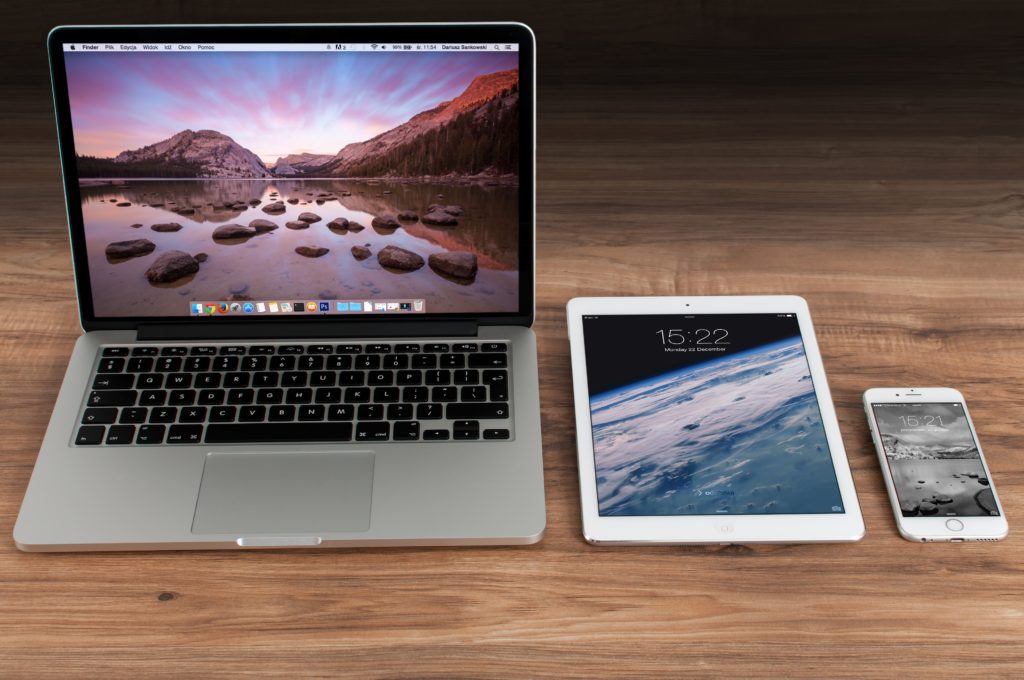Mobile or PC? What 2016 Has Told Us About Mobile-Friendly Pages
For most of us, the smartphone has become a critical part of our daily lives. From checking our email to taking the occasional “selfie” and chatting with others on social media, the laptop may indeed soon become outdated. However, 2016 already seems to be a landmark year in terms of the rise of the humble and yet powerful smartphone. As marketers, what have we already learned about the importance of this device and what trends can we expect to continue into the foreseeable future? In order to leverage the benefits of mobile devices, it is critical to understand the answers to these questions.
The Trend Only Grows…
Many manufacturers have already performed detailed studies in regards to the importance of the smartphone in years to come. While it is already true that there are more mobile devices on the planet than people, the statistics do not end here. For example, manufacturing giant Ericsson predicts that more than 90% of all individuals over the age of six years old will possess a smartphone by the year 2020 (1). 2016 has already seen a massive rise in the use of these devices and thus, the market is huge for companies that are keen to keep ahead of the curve.
The Younger Generation
Did you notice that in the last paragraph, we stated that 90% of those six years and older will possess a mobile device? This is pivotal to note, for it shows a shift in the buying demographic. During 2016 and beyond, marketers will have to shift their PR strategies to meet the needs of this audience. If advertisements are outdated or considered to be stale, valuable revenue could be lost.
The Demise of the Personal Computer?
So far, we have only mentioned the prevalence of mobile devices. What about the humble PC? Are the predictions which state that it will go the way of the digital dinosaur true? In 2014, some analysts predicted that PC-focused manufacturers would be gone between 2016 and 2020 (2). This is obviously not the case. Still, it is only wise to assume that the number of static PCs and laptops will continue to decline. It would nonetheless be foolish to assume that these clever devices will end up in the scrap heap in only a few short years. 2016 has simply shown us that companies need to focus on marketing for the mobile community as opposed to the PC alone. The ONE truth seems to be that pages which are not optimized for personal computers will undoubtedly suffer in terms of rankings and clickthrough rates.
No Longer User Preferences Alone
Some marketers still believe that the only motivation to optimize a page for mobile devices is to satisfy the needs of the user. In 2015, this was arguably the case. However, the wizards at Google have once again added in their two cents. Now, pages which are not adapted to mobile devices will actually be penalized in terms of SERP rankings. This should be a concern for any digital marketing guru, for pages designed for the PC alone will not attract the much-needed traffic required to stay ahead of the competition. Adapting these portals now is a great way to prepare for the future.
To put it all together, the PC is not going anywhere anytime soon. However, the impact of the mobile device during 2016 is undeniable. Being able to tap into this younger, Tech-savvy audience is arguably one of the only ways to ensure success during the remainder of this year and into the future which is already looming around the next corner.
Richard Tipsword
Markethive Developer
Sources:
2. https://www.linkedin.com/pulse/20140526233249-1315848-pc-focused-companies-will-be-gone-in-10-years
Mobile or PC? What 2016 Has Told Us About Mobile-Friendly Pages

No comments:
Post a Comment